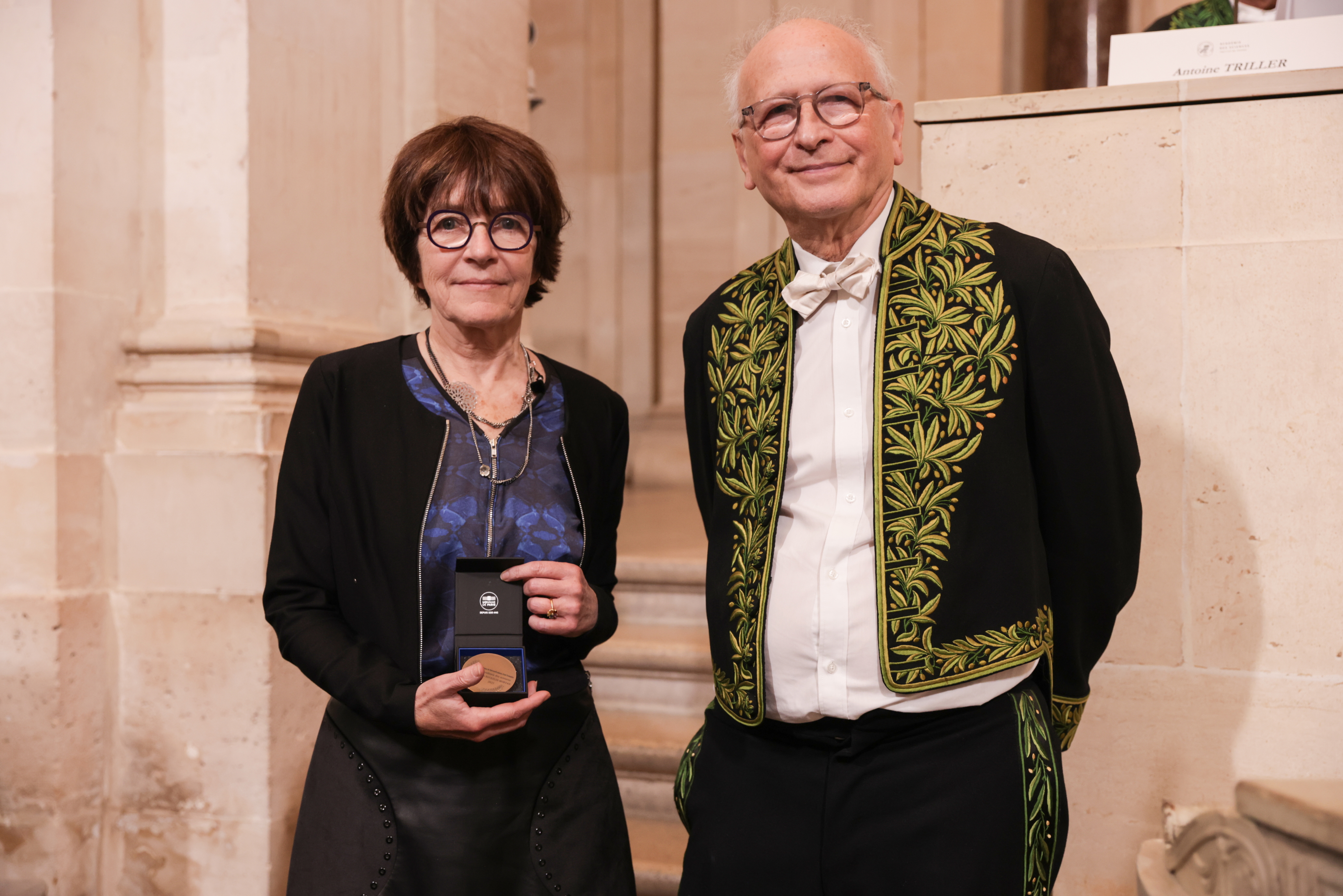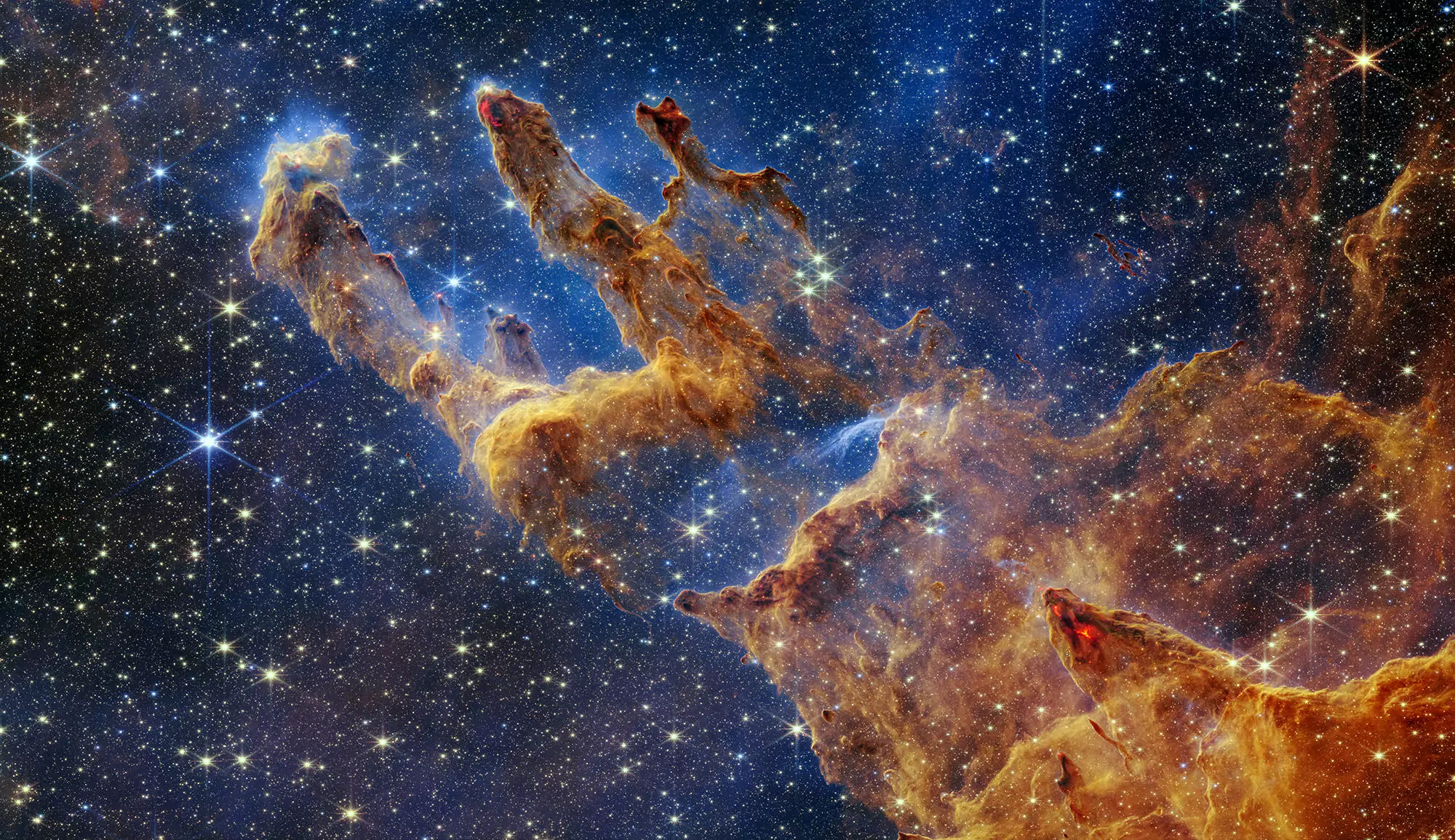Holding its first formal awards ceremony of 2025 under the dome of the Institut de France, the Academy of Sciences awarded 50 prizes to some 59 winners, including 26 women.
“I am delighted with this parity. One of the Academy’s missions is to promote science at all levels and, in particular, to reward the most deserving scientists”, explained Françoise Combes, astrophysicist at the Paris Observatory – PSL, professor at the Collège de France, and President of the Academy of Sciences, at the opening of the ceremony.
Walking across the green carpet adorned with academic palms, Dominique Bockelée-Morvan, CNRS research director at the Laboratory for Instrumentation and Research in Astrophysics, and Rodolphe Le Targat, LNE physicist at the Time and Space Laboratory, received their awards in turn :
- The Henri Deslandres Foundation Prize for Sciences of the Universe for the one ;
- The Simone and Cino Del Duca Foundation Prize in the category “Sciences of the Universe and their Applications” for the other.
This double distinction awarded to researchers at the Paris Observatory - PSL is testament not only to the excellence of their work, but also to the attractiveness of their research environment : a place where cutting-edge, multidisciplinary research with major implications flourishes.
Dominique Bockelée-Morvan is recognized for her pioneering work on comets and the chemical composition of bodies in the solar system, opening up new perspectives on the origin of water and life.

Rodolphe Le Targat is being honored for his advances in the field of transportable atomic clocks based on quantum mechanics (ROYMAGE project), capable of detecting minute distortions in space-time with a resolution of 18 digits, which is considerable. Located at the intersection of fundamental physics and civil applications, his work opens up new fields in chronometric geodesy, the science that measures the shape of the Earth using clock data.
Our sincere congratulations go to Dominique Bockelée-Morvan and Rodolphe Le Targat for their commitment and outstanding contribution to scientific research.

